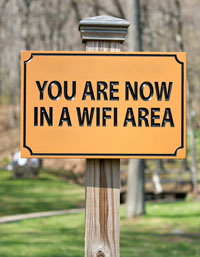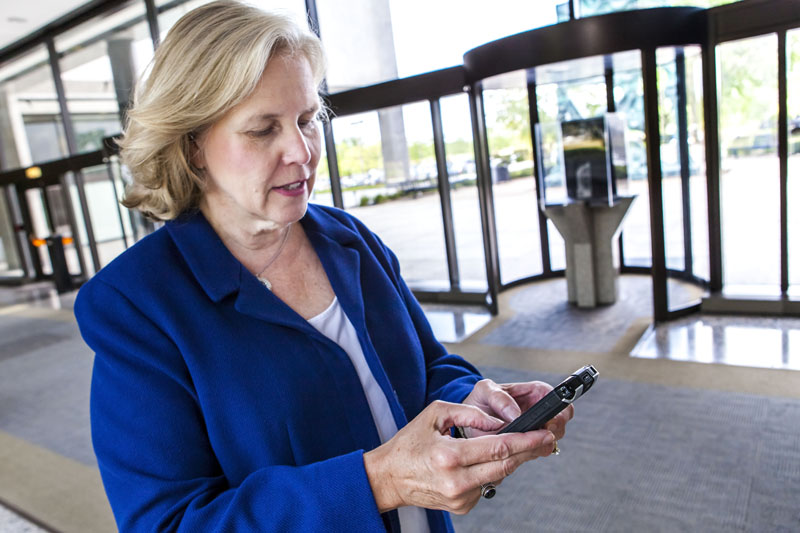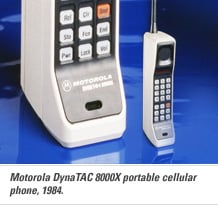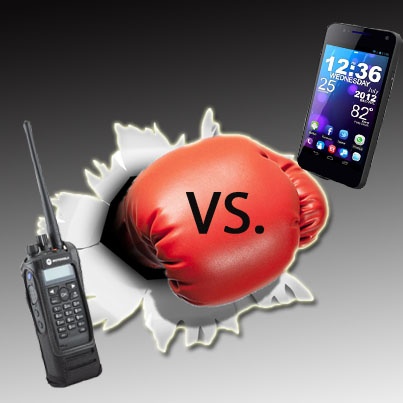Chicago Communications is proud to be a unified workgroup communications provider, and we’re so sure your team is going to love the new Wave OnCloud solution, we’re offering a free 30 day trial.
Wave OnCloud instantly breaks down communications barriers across frontline and field workers, across distance and, most importantly, across devices. Your team can say goodbye to juggling multiple radios, phones and tablets and hello to one easy-to-use, push-to-talk application for everything.
Let’s take a quick look at Wave OnCloud’s benefits as well as how to sign up for your free 30 day trial.











